Since its inception, the Sidara Urban Seed Fund has championed two funding cycles, spanning 2019-2021 and 2021-2023, supporting a total of eight multi-year research initiatives.
Our Collaboration
In 2018, Sidara, under CEO Talal Shair, began a collaboration with the Norman B. Leventhal Center for Advanced Urbanism (LCAU) at the Massachusetts Institute of Technology's (MIT) School of Architecture and Planning (SA+P) with the goal of advancing the fields of architecture and urban planning. This collaboration demonstrates our commitment to engage in groundbreaking research with the potential to influence urban development globally.
This collaboration with MIT symbolizes a shared vision for advancing architecture and urban planning through science, innovation, and big data analysis.
Since its inception, the Sidara Urban Seed Fund has championed two funding cycles, spanning 2019-2021 and 2021-2023, supporting a total of eight multi-year research initiatives.
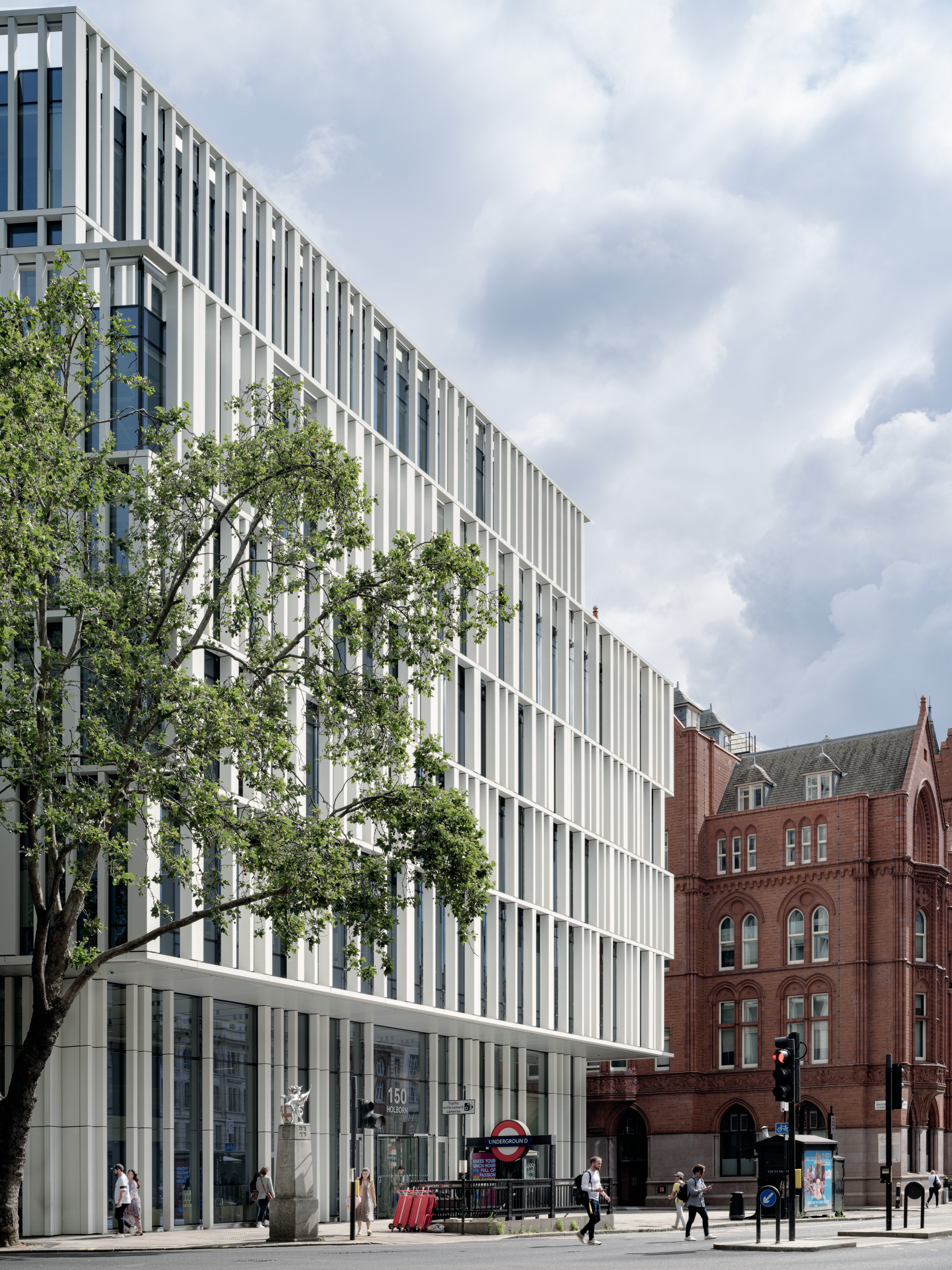
Round 3 Projects
Funding Cycle – 2025 to 2027
The twin challenges of climate change and rapidly evolving behaviors are placing increasing pressure on cities around the world. As a direct result, questions are being asked as to the role that the urban environment can play in either improving or limiting quality of life – and what needs to be done.
Sidara’s third round of funding looks to find answers to these questions. Five projects have been selected that look at solving these challenges through the lens of technology. Over one- and two-year periods, the projects will assess how innovative design methods through digital technologies and big data can reimagine cities.
Beyond Prompts (MIT CSAIL + Architecture)
Exploring how AI can better support urban designers by going beyond text prompts, using real-world images and plans to generate more intuitive, context-aware design ideas.
Waka Lagos (MIT DUSP)
Using AI and street imagery to assess walkability around Lagos’ metro stations to highlight gaps in pedestrian infrastructure and guide smarter, community-informed investment.
Urban Observatory: Sound and Visual AI for Biodiversity Detection (MIT SCL)
Through AI-powered sensors in “Sensing Gardens,” this research monitors insect biodiversity in cities, offering vital insights into how climate change and urbanization are shaping our ecosystems.
Thermal Realities (MIT SCL)
Turning Google Street View images into 3D thermal maps of city streets, helping planners understand and respond to urban heat without relying on expensive modeling tools.
Generative AI for Urban Infrastructure Co-Design (MIT CEE + IDSS)
Developing a powerful simulation platform that utilizes generative AI to evaluate future infrastructure and mobility scenarios, enabling cities to make more informed and resilient design choices.
Round 2 Projects
Funding Cycle - 2021 to 2023
Integrated Recovery: Towards a Resilient Beirut
The devastating explosion in Beirut in August 2020 caused significant destruction, exacerbating Lebanon's existing crises and highlighting the urgent need for recovery and reconstruction efforts. This situation presented a critical opportunity for research to guide the city's rebuilding process, focusing on resilience, sustainability, and improved urban planning to overcome the challenges posed by this disaster and ensure a better future for Beirut.
This second round of funding focused on projects in Beirut related to urban risk, equitable resilience, land use and urban fabric around the port, affordable housing and historic preservation, transportation, public space, and public health. The aim was to integrate research outcomes into a comprehensive reconstruction framework in collaboration with local partners to ensure impactful and grounded solutions for Beirut's recovery.
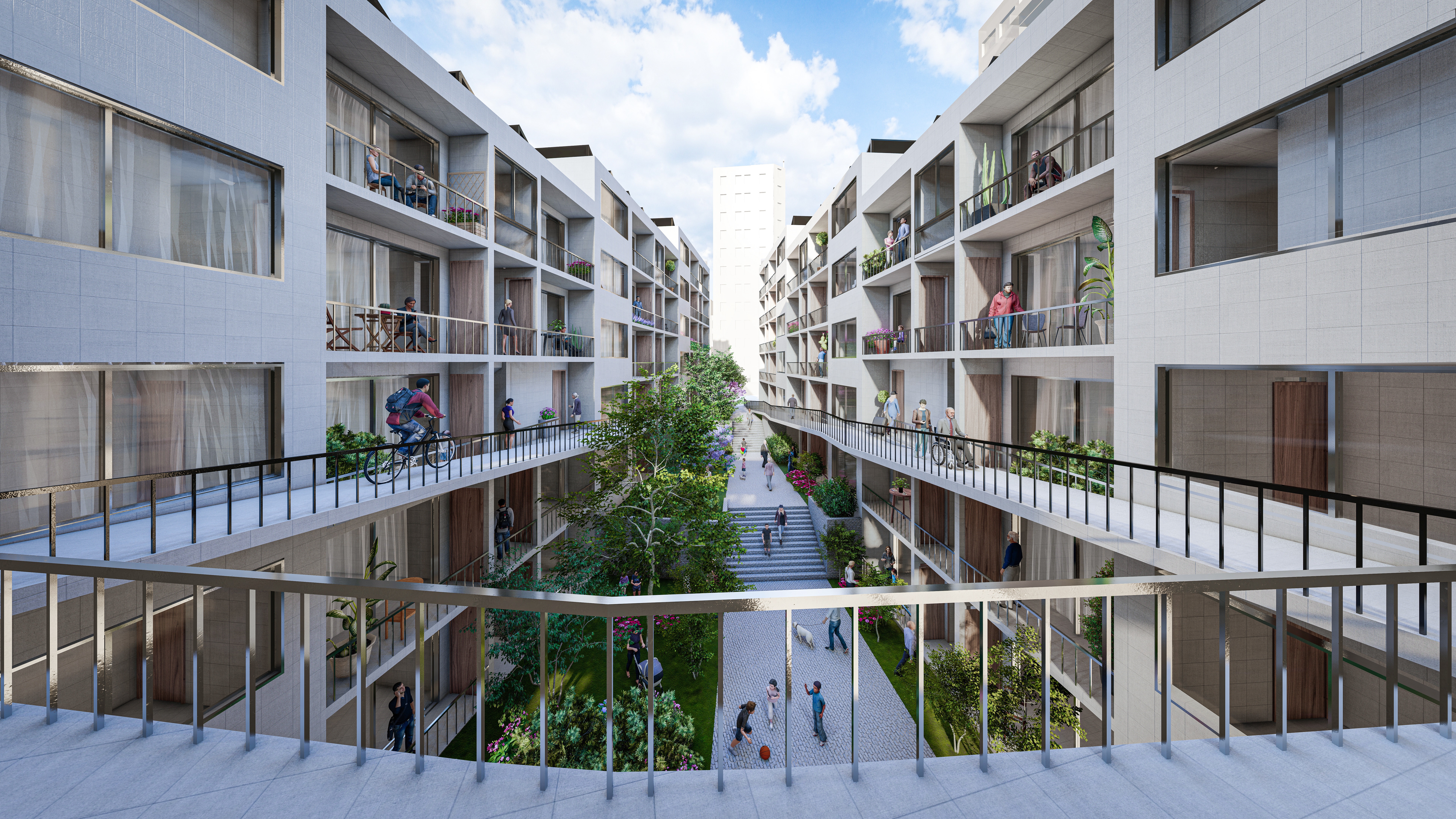
Port-Facing Hill
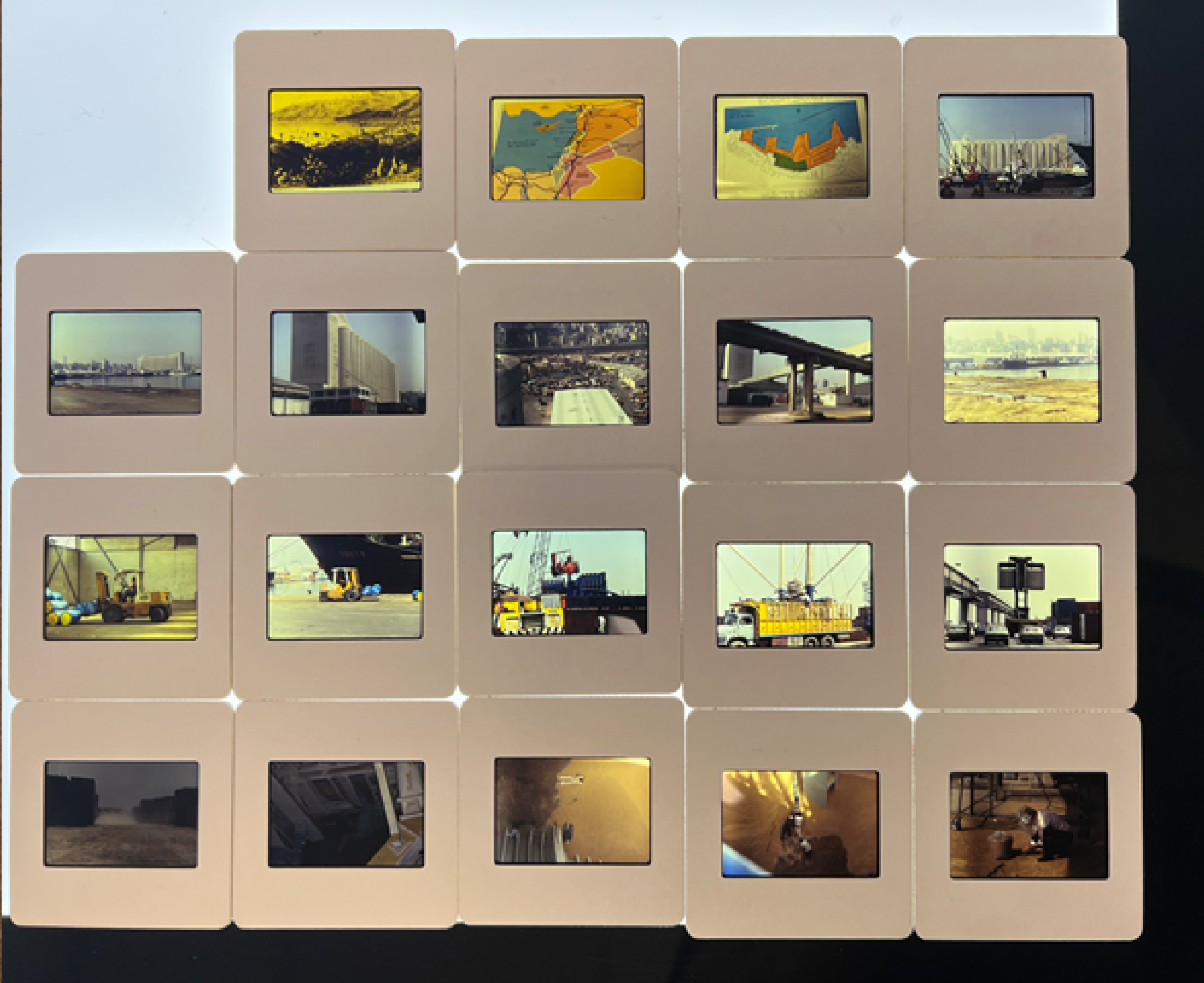
Beirut Port Futures
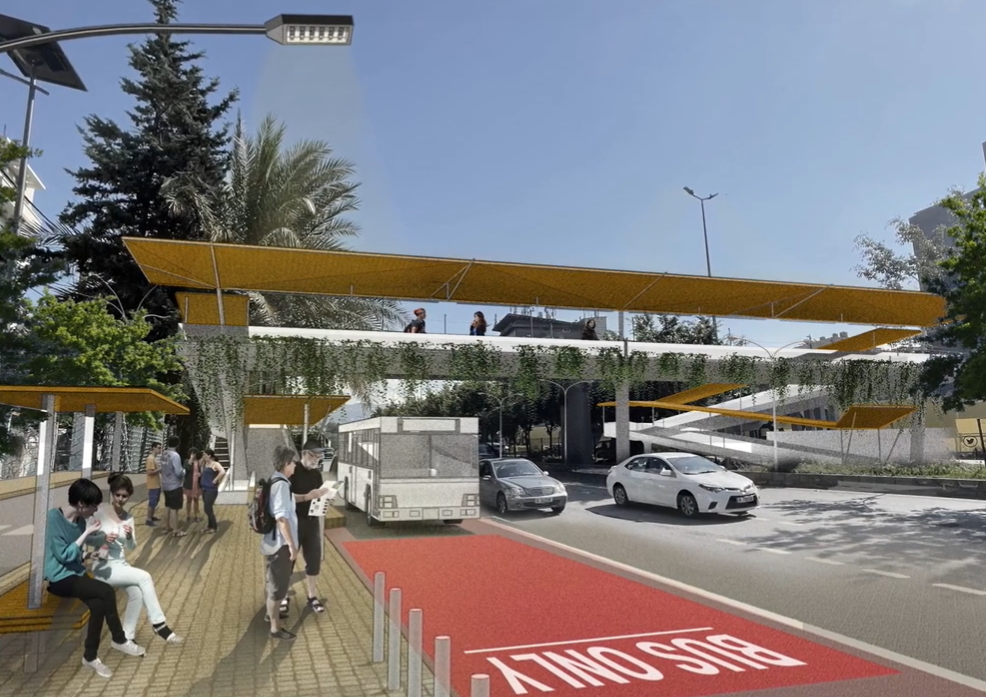
Community Streets
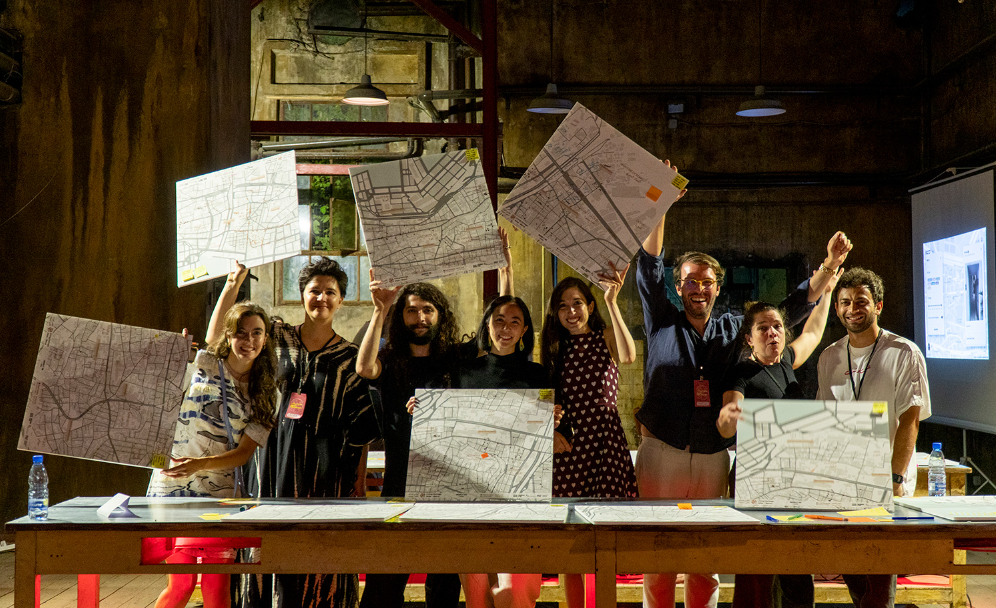
Living Heritage Atlas
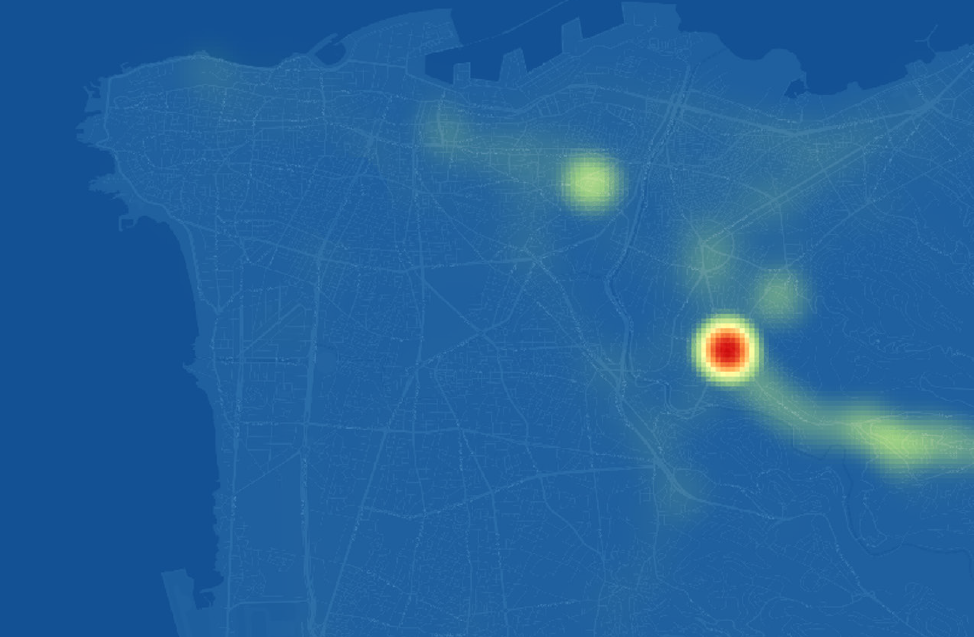
City Scanner
Round 1 Projects
Funding Cycle - 2019 to 2021
Equitable resilience: Designing for Tomorrow’s Cities
Urban areas in arid and semi-arid regions are addressing climate change through innovative urban design and planning, striving to create environments that are livable, efficient, and resilient. The primary goal of Round 1 funding was to reimagine the evolution of cities to meet these demands, ensuring their vibrancy and resilience amid escalating climate volatility.
The emphasis lies on leveraging digital technologies for urban management, constructing urban systems that integrate equity and resilience, and developing digital platforms for public participation in planning. These priorities are directed towards adapting urban infrastructure, bolstering civic engagement, and employing data-driven strategies to confront and anticipate future environmental challenges.
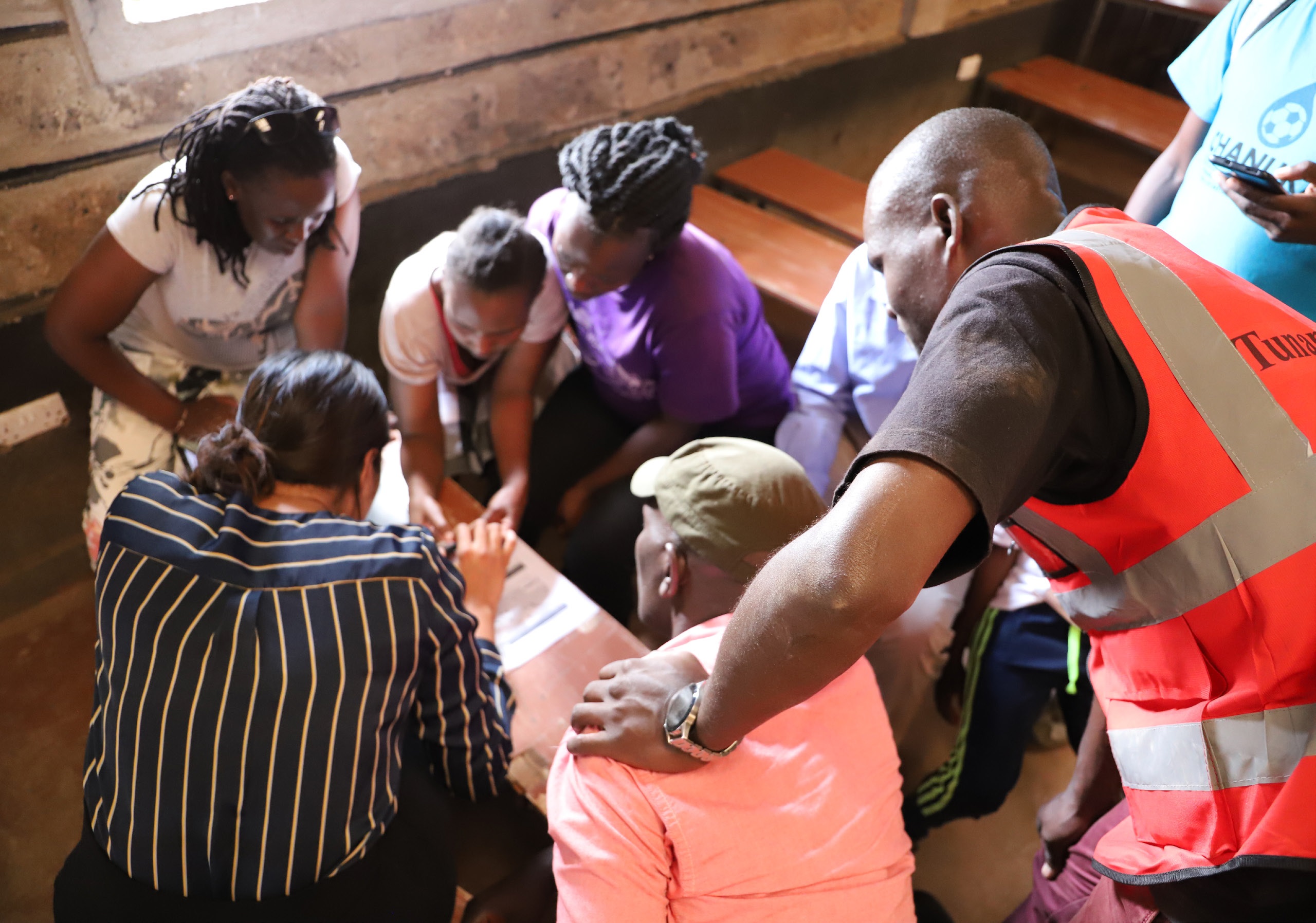
Living Data Hubs
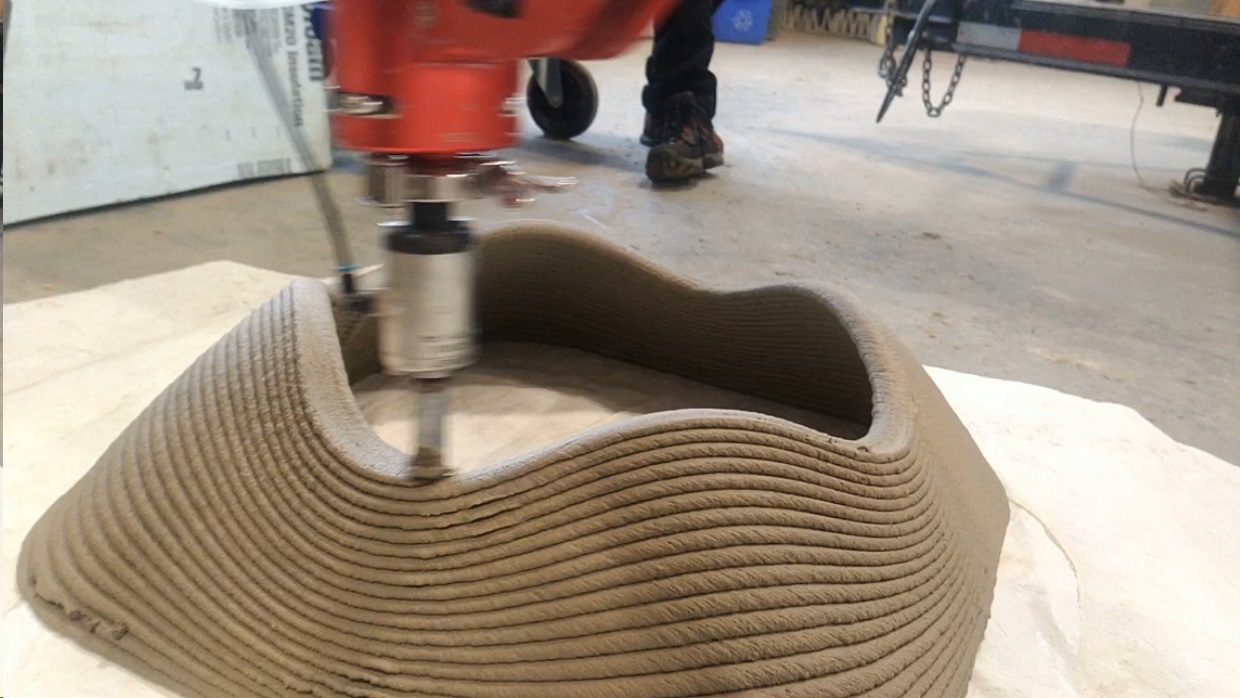
Sculpted Skeletons
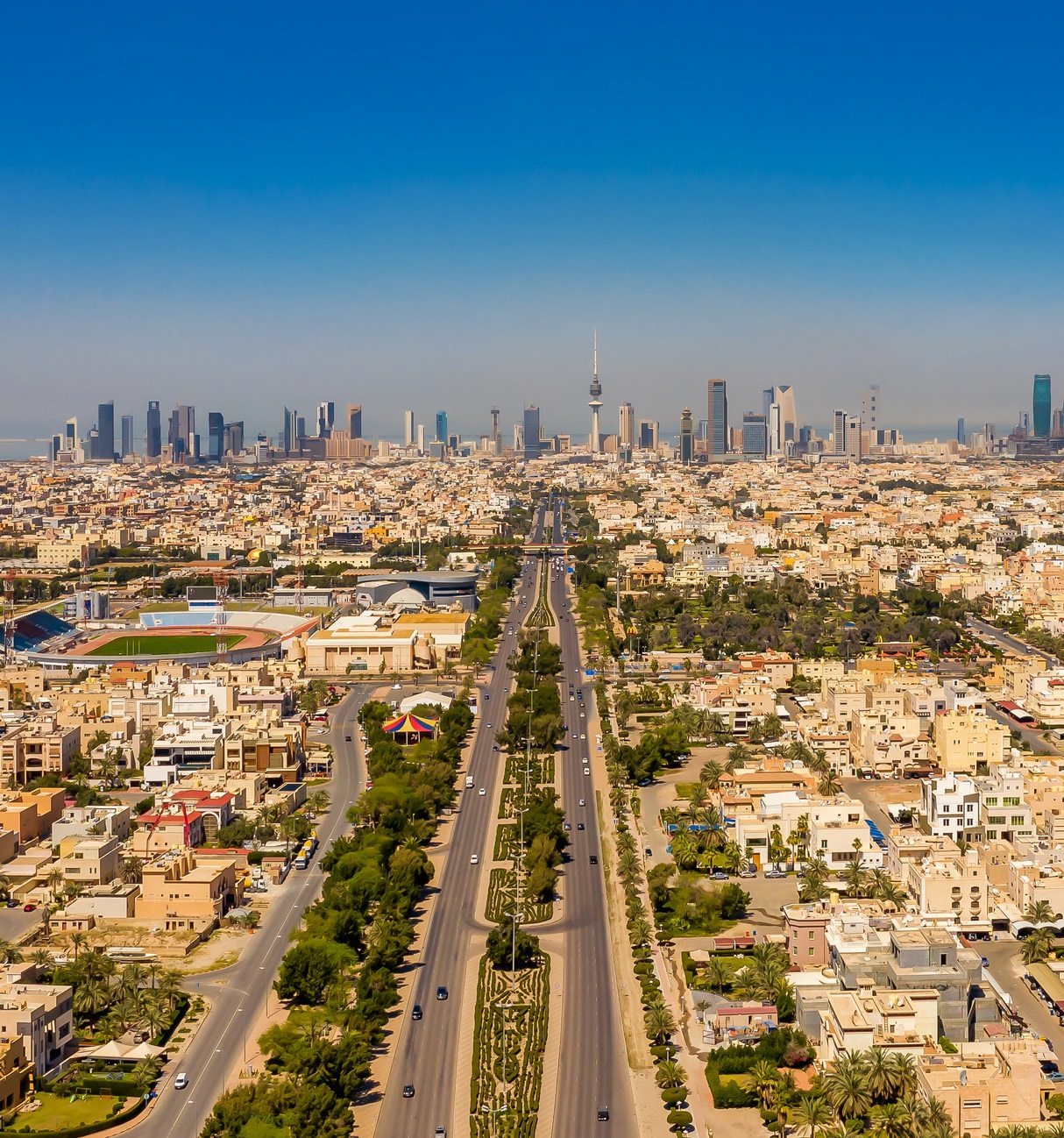
Equitable Heat-Resilience
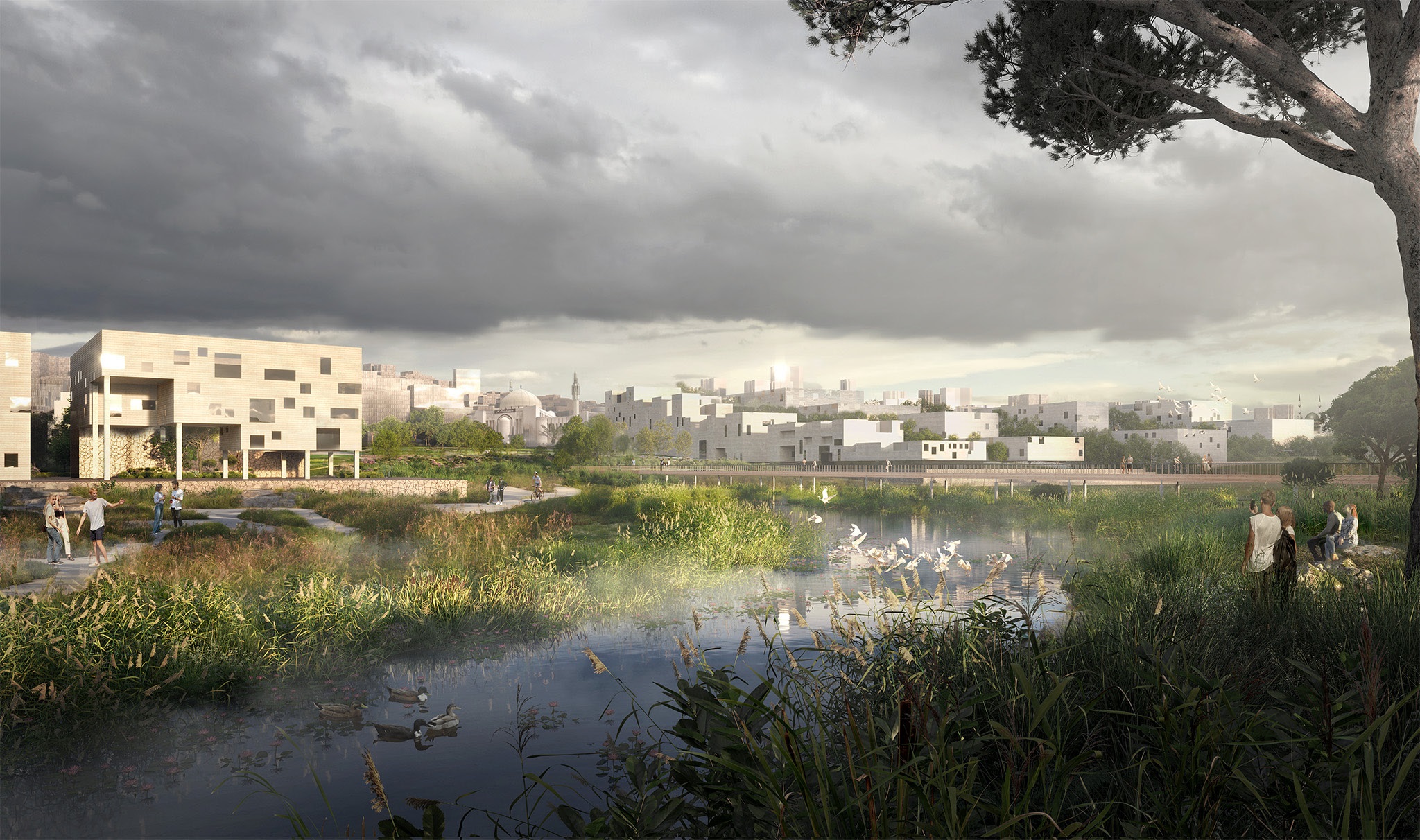
Swap Strategy
Connect with us
Collaboration is core to our success and we're here to help you find solutions to your most pressing challenges. Together, we can achieve more for our communities, change how people live, and inspire global impact.